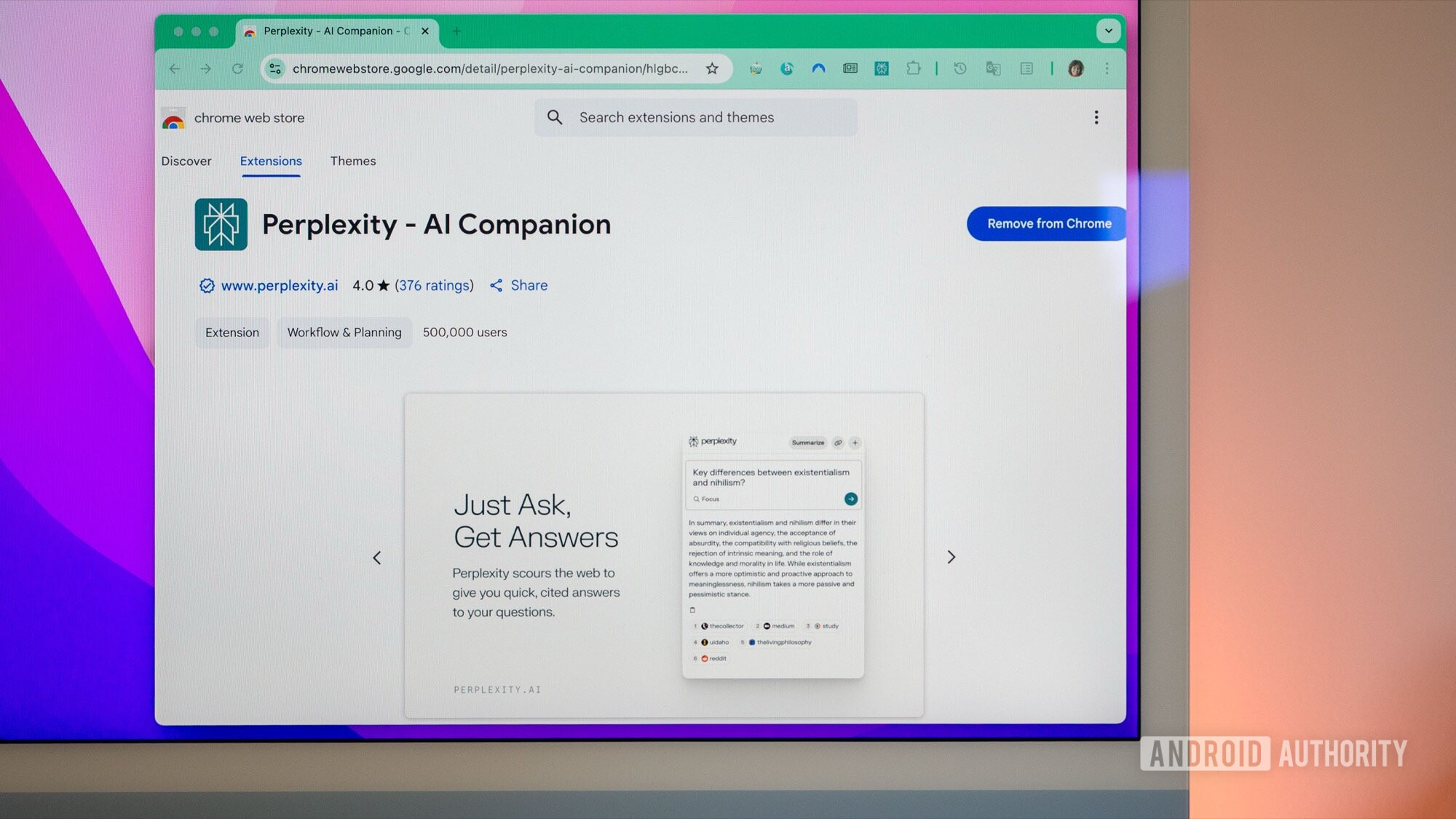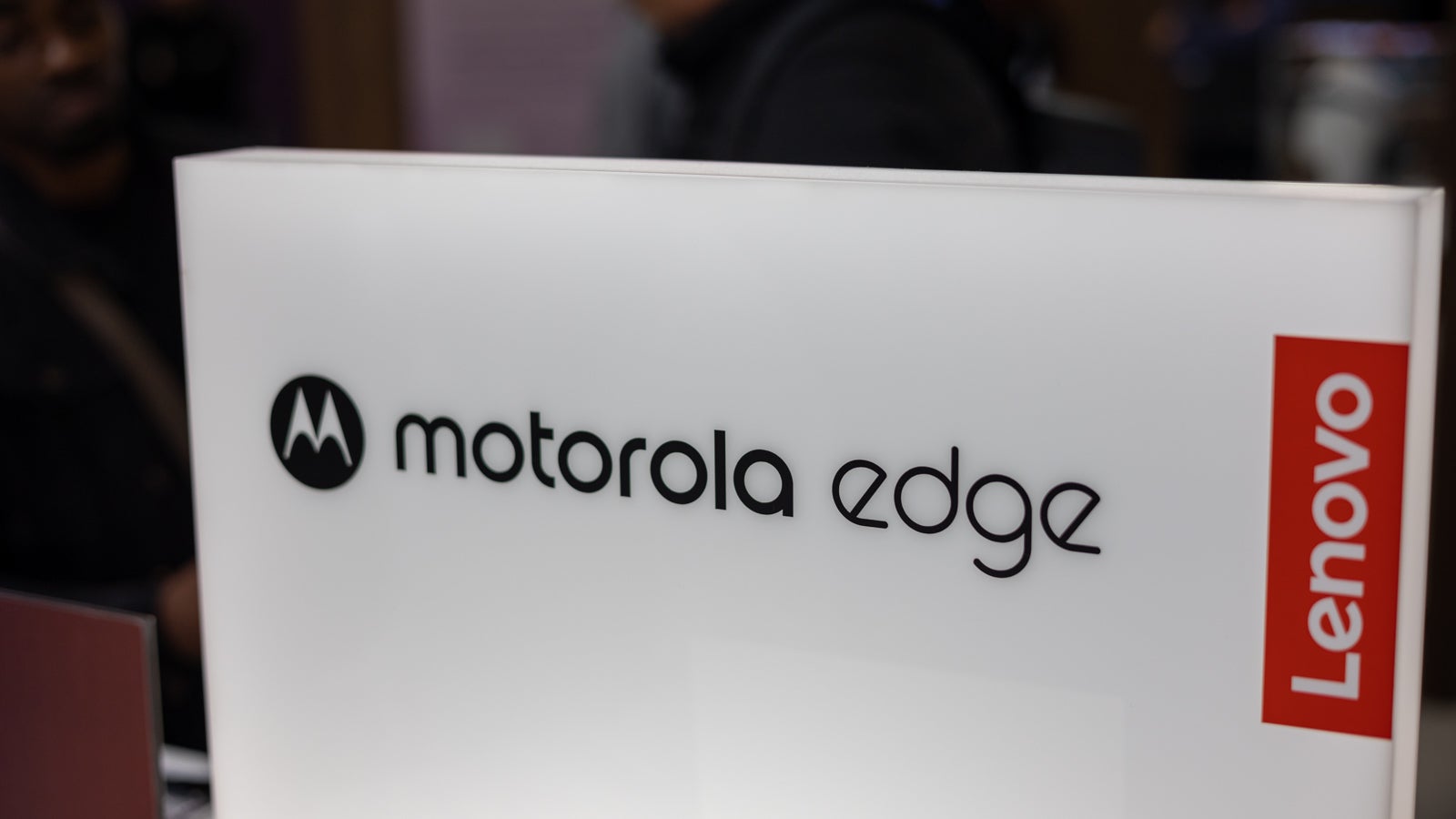"Quantum Leap: How Startups and Tech Giants are Shaping the Future of Computing"
Quantum Leap: How Startups and Tech Giants are Shaping the Future of Computing In the realm of computing, quantum technology is no longer just a theoretical concept confined to academia or science fiction. Today, it's rapidly becoming a tangible reality, with startups and tech giants leading an unprecedented surge in innovation. The Quantum Quest Quantum computing harnesses the principles of quantum mechanics. Unlike classical computers that process information in bits (0s and 1s), quantum computers use quantum bits or qubits. These qubits can exist in multiple states simultaneously, thanks to properties like superposition and entanglement. This capability enables quantum computers to process vast amounts of data exponentially faster than traditional computers. Players on the Quantum Stage Among those pushing the boundaries of quantum computing, tech giants like Google, IBM, and Microsoft are at the forefront. Google: In 2019, Google claimed to achieve "quantum supremacy" with their 54-qubit processor, Sycamore, successfully performing a computation in 200 seconds that would take the world's fastest supercomputer 10,000 years. IBM: A pioneer in quantum research, IBM offers IBM Quantum Experience, a cloud-based quantum computing platform open to researchers and enthusiasts worldwide. Microsoft: Through Azure Quantum, Microsoft is developing a comprehensive cloud service that supports various quantum solutions, including quantum-inspired algorithms. Startups Lighting the Path Startups are equally pivotal in driving quantum advancements. Companies like Rigetti Computing and IonQ are developing scalable quantum processors and have made significant headway in integrating quantum systems with conventional computing infrastructures. Rigetti Computing: Known for hybrid quantum-classical computing models, Rigetti offers cloud access to quantum computers while focusing on optimizing algorithms for practical applications. IonQ: Specializing in ion trap technology, IonQ is commercializing quantum computing with a focus on accuracy and operational readiness with a cloud-accessible framework. The Future Beckons As we advance, the marriage of quantum computing with artificial intelligence, cryptography, and drug discovery promises transformative solutions. The collaborative efforts of startups and tech behemoths are not just shaping a new computing paradigm but redefining the future landscape of technology as we know it. The quantum leap is—undoubtedly—on its way, heralding a future brimming with possibilities.

Quantum Leap: How Startups and Tech Giants are Shaping the Future of Computing
In the realm of computing, quantum technology is no longer just a theoretical concept confined to academia or science fiction. Today, it's rapidly becoming a tangible reality, with startups and tech giants leading an unprecedented surge in innovation.
The Quantum Quest
Quantum computing harnesses the principles of quantum mechanics. Unlike classical computers that process information in bits (0s and 1s), quantum computers use quantum bits or qubits. These qubits can exist in multiple states simultaneously, thanks to properties like superposition and entanglement. This capability enables quantum computers to process vast amounts of data exponentially faster than traditional computers.
Players on the Quantum Stage
Among those pushing the boundaries of quantum computing, tech giants like Google, IBM, and Microsoft are at the forefront.
Google: In 2019, Google claimed to achieve "quantum supremacy" with their 54-qubit processor, Sycamore, successfully performing a computation in 200 seconds that would take the world's fastest supercomputer 10,000 years.
IBM: A pioneer in quantum research, IBM offers IBM Quantum Experience, a cloud-based quantum computing platform open to researchers and enthusiasts worldwide.
Microsoft: Through Azure Quantum, Microsoft is developing a comprehensive cloud service that supports various quantum solutions, including quantum-inspired algorithms.
Startups Lighting the Path
Startups are equally pivotal in driving quantum advancements. Companies like Rigetti Computing and IonQ are developing scalable quantum processors and have made significant headway in integrating quantum systems with conventional computing infrastructures.
Rigetti Computing: Known for hybrid quantum-classical computing models, Rigetti offers cloud access to quantum computers while focusing on optimizing algorithms for practical applications.
IonQ: Specializing in ion trap technology, IonQ is commercializing quantum computing with a focus on accuracy and operational readiness with a cloud-accessible framework.
The Future Beckons
As we advance, the marriage of quantum computing with artificial intelligence, cryptography, and drug discovery promises transformative solutions. The collaborative efforts of startups and tech behemoths are not just shaping a new computing paradigm but redefining the future landscape of technology as we know it. The quantum leap is—undoubtedly—on its way, heralding a future brimming with possibilities.






































































































































































![[The AI Show Episode 145]: OpenAI Releases o3 and o4-mini, AI Is Causing “Quiet Layoffs,” Executive Order on Youth AI Education & GPT-4o’s Controversial Update](https://www.marketingaiinstitute.com/hubfs/ep%20145%20cover.png)



























































































































![[DEALS] Microsoft 365: 1-Year Subscription (Family/Up to 6 Users) (23% off) & Other Deals Up To 98% Off – Offers End Soon!](https://www.javacodegeeks.com/wp-content/uploads/2012/12/jcg-logo.jpg)




![From Art School Drop-out to Microsoft Engineer with Shashi Lo [Podcast #170]](https://cdn.hashnode.com/res/hashnode/image/upload/v1746203291209/439bf16b-c820-4fe8-b69e-94d80533b2df.png?#)








































































































(1).jpg?#)































_Inge_Johnsson-Alamy.jpg?width=1280&auto=webp&quality=80&disable=upscale#)












































































































![Apple to Split iPhone Launches Across Fall and Spring in Major Shakeup [Report]](https://www.iclarified.com/images/news/97211/97211/97211-640.jpg)
![Apple to Move Camera to Top Left, Hide Face ID Under Display in iPhone 18 Pro Redesign [Report]](https://www.iclarified.com/images/news/97212/97212/97212-640.jpg)
![Apple Developing Battery Case for iPhone 17 Air Amid Battery Life Concerns [Report]](https://www.iclarified.com/images/news/97208/97208/97208-640.jpg)
![AirPods 4 On Sale for $99 [Lowest Price Ever]](https://www.iclarified.com/images/news/97206/97206/97206-640.jpg)

































![[Updated] Samsung’s 65-inch 4K Smart TV Just Crashed to $299 — That’s Cheaper Than an iPad](https://www.androidheadlines.com/wp-content/uploads/2025/05/samsung-du7200.jpg)


































































